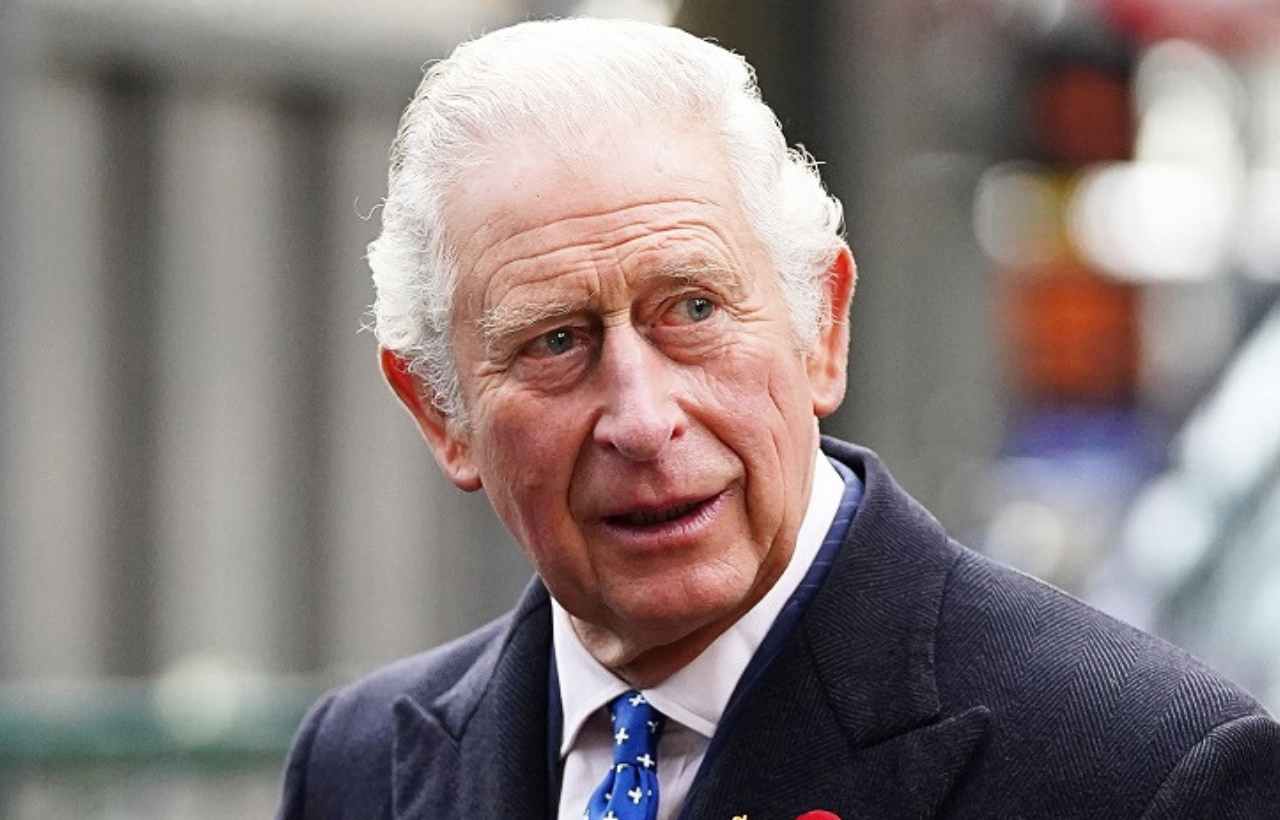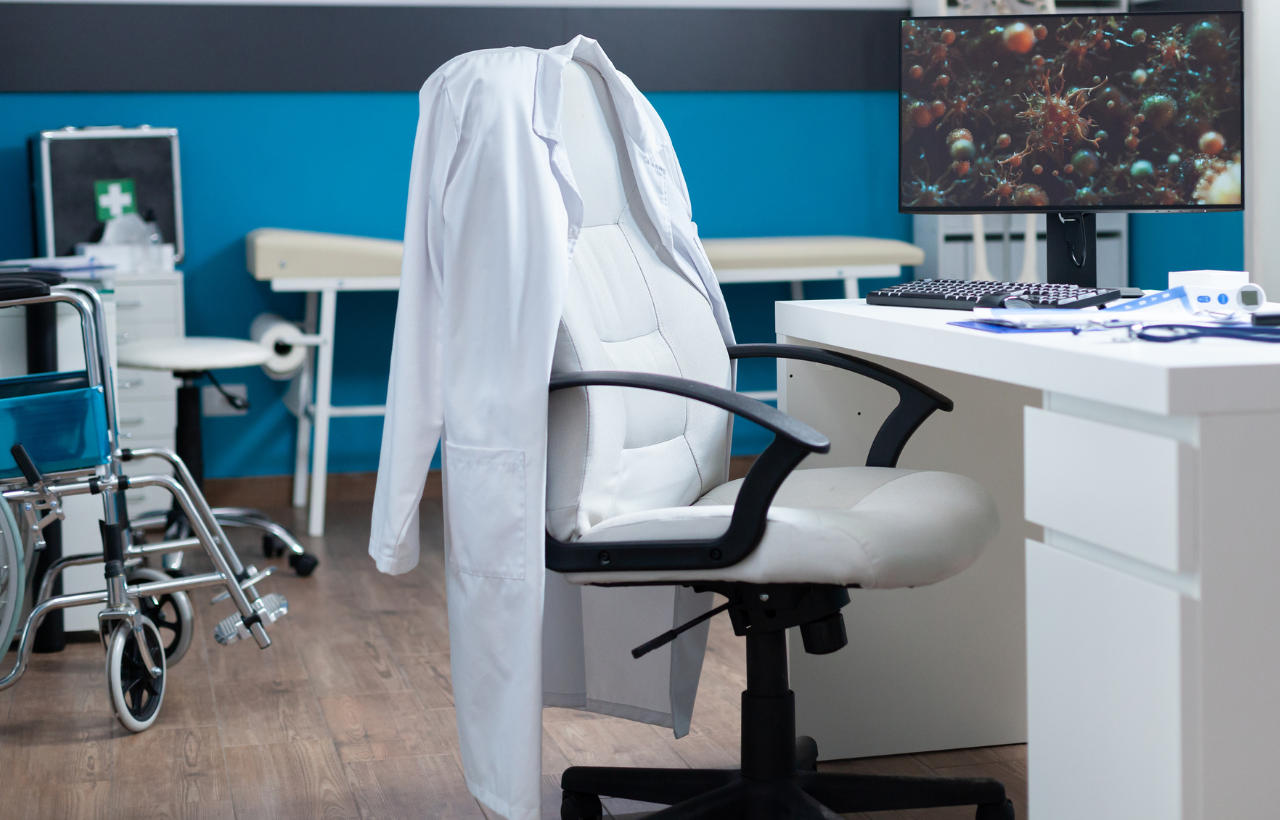Now Reading: King Charles Hospitalized: A Testament to Royal Resilience
- 01
King Charles Hospitalized: A Testament to Royal Resilience

King Charles Hospitalized: A Testament to Royal Resilience
Recent headlines revealed that King Charles Hospitalized following treatment side effects—a development that has sparked both concern and admiration. This incident reminds us that even a revered monarch is not immune to the challenges of maintaining health while serving a nation. As the king continues his brave battle with cancer, the story resonates on many levels: it underscores the delicate balance of personal well-being amid immense public duty and encourages an honest conversation about the struggles of serious illness.
Royal Health Challenges: Navigating a Complex Journey
Over the past year, King Charles’s journey through cancer treatment has been closely monitored by the public. His story, marked by moments of strength and setbacks alike, has revealed the complex nature of managing a condition as unpredictable as cancer. The challenges have included instances when the monarch had to undergo additional observation and care. When news broke that King Charles Hospitalized, it underscored the unpredictable side effects that can occur even with the best medical care.
Throughout his treatment, every minor setback has allowed his physicians to refine their approach, providing timely interventions and ensuring that his recovery remains on track. This journey has not only been a testament to his personal resilience but also to the advancements in modern healthcare—emphasizing that every challenge presents an opportunity for improved treatment protocols and early intervention.
Understanding the Medical Situation: When King Charles Hospitalized
Following his latest treatment session, the king experienced side effects that led to a short-term hospital admission. In this episode—when King Charles Hospitalized—doctors were quick to act, providing intensive monitoring and adjusting his medication regimen as needed. Experts clarify that such brief hospitalizations are not uncommon in the rigorous path of cancer treatment. They offer a crucial chance to reassess and optimize care, ensuring that even a transient setback can lead to a better understanding of the patient’s needs.
This incident has sparked dialogue not only about the challenges of cancer care but also about how adaptive treatment plans and vigilant follow-up are key to managing complex conditions.
Balancing Public Duty with Personal Health
Life at the helm of a monarchy involves enormous responsibilities. Despite the rigors of his treatment, King Charles has continued to fulfill his public duties. However, the recent short-term hospitalization has necessitated a temporary reshuffling of his schedule. Such measures are a clear reminder that even leaders must prioritize their health above all else. The delicate coordination between rehabilitation and royal duty emphasizes that self-care is essential—not a sign of weakness but a proactive step toward long-term strength.
The adjustments made to his schedule have been welcomed by both his supporters and healthcare professionals, highlighting the universal need to reconcile personal challenges with professional responsibilities.
Medical Intervention and Ongoing Treatment
The episode provided a valuable opportunity for King Charles’s medical team to update his treatment protocol. By addressing the side effects promptly, they have improved the overall strategy used to manage his condition. This adaptive approach, which comes to light each time King Charles Hospitalized even briefly, demonstrates the blend of cutting-edge technology and compassionate care that defines modern medical practice.
Continuous monitoring, along with innovative treatments, serves as the backbone of his recovery. Each temporary setback reinforces the importance of having a dynamic treatment plan that can evolve with the patient’s needs—a lesson that resonates far beyond the walls of royal institutions.
Public Perception and Broader Lessons
The news of the king’s hospitalization has not only been a point of discussion for royal watchers but also for healthcare advocates around the world. The incident has spurred conversations about how we view strength and vulnerability in leadership, as well as how essential it is to be proactive about personal health. The response has been one of both empathy and education—demonstrating that even high-profile figures face challenges that are very human.
By sharing his struggles openly, King Charles has inadvertently encouraged others to seek help and openly discuss their own health battles, reinforcing the idea that vulnerability is a component of genuine strength.
In-Depth Review: King Charles Hospitalized and the Challenges Ahead
An in-depth review of the recent incident shows that when King Charles Hospitalized, it allowed for a more comprehensive evaluation of his ongoing treatment for cancer. This additional scrutiny has not only enhanced the immediate care he received but also paved the way for a more robust monitoring system going forward. Understanding these challenges better helps the public appreciate the complexities of managing a royal schedule amidst a serious illness.
The insights derived from this episode are already influencing future healthcare strategies for high-risk patients. Researchers and physicians alike are learning valuable lessons from the case, ensuring that such incidents become rare and, when needed, are managed with utmost precision.
Conclusion
The recent hospitalization of King Charles underscores both the challenges and triumphs inherent in battling a severe health condition while shouldering immense public responsibilities. His journey, marked by moments when he needed extra medical oversight, serves as an inspiring reminder that self-care is paramount. By embracing transparency and adapting to every challenge, his story offers valuable lessons in resilience and proactive health management. As we watch his recovery journey continue, it remains a beacon of hope that balancing duty and personal wellness is possible—even at the highest echelons of leadership.
Disclaimer: This article is for informational purposes only and does not constitute medical advice.











